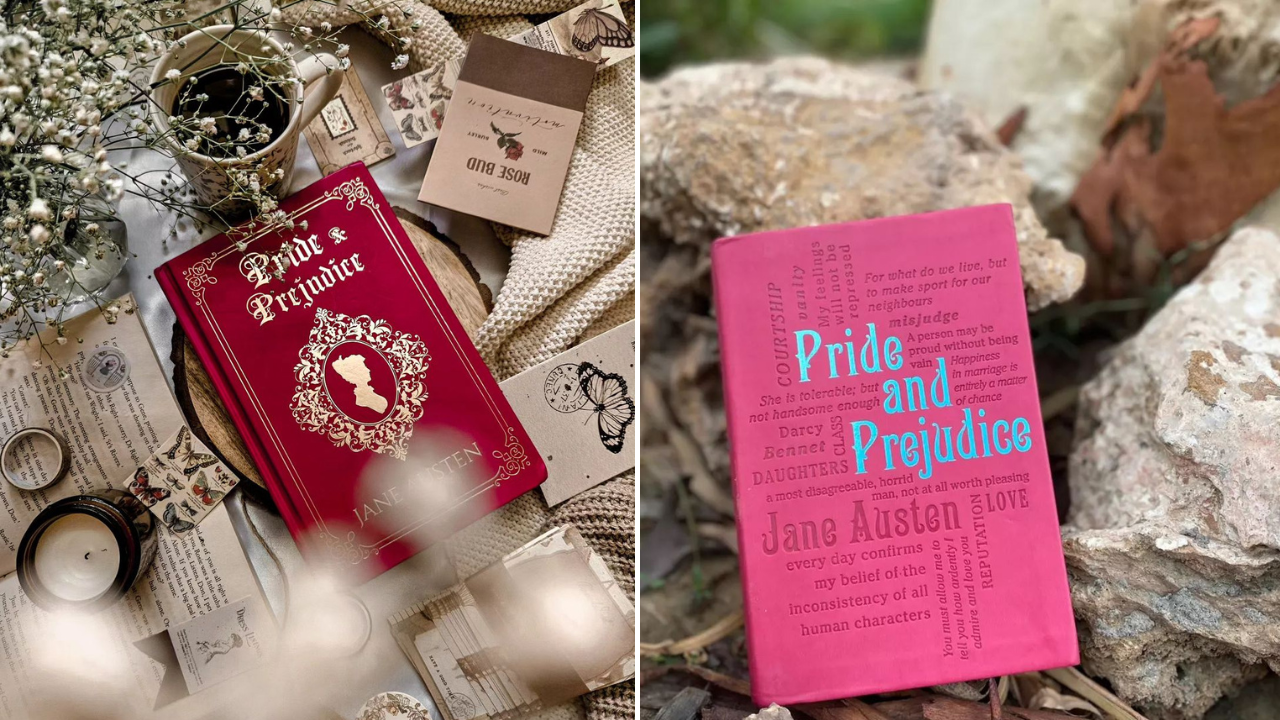When it comes to ageless knowledge, classic literature has a variety of ideas that are still relevant today. Jane Austen's classic 'Pride and Prejudice' has important teachings on happiness. This popular story, published over 200 years ago, is more than just a romance; it's a primer on human nature, relationships, and, unexpectedly, happiness.
Here's why 'Pride and Prejudice' is still a useful resource for people looking for a fulfilling, balanced existence. Also Read: 10 Classic Books with the Most Beautiful Prose Finding Happiness Within, Not From Others The value of self-worth is a central theme in Pride and Prejudice. The protagonist, Elizabeth Bennet, has a strong sense of self and refuses to settle for less than she deserves.

Rather than seeking validation through income or prestige, Elizabeth's pleasure is derived from her confidence, honesty, and independence. This emphasis on inner satisfaction rather than external validation is a crucial lesson, reminding us that true contentment frequently comes from within ourselves, not from the approval or acceptance of others. Authenticity Over Appearances Throughout 'Pride and Prejudice,' honesty is contrasted with appearances.
Mr. Darcy and Elizabeth's love story grows only when they realise each other's actual selves beyond first impressions and social masks. While Darcy initially appears pompous and aloof, Elizabeth's warmth and honesty bring forth his true kindness and loyalty.
Austen contends that pleasure thrives in genu.
























